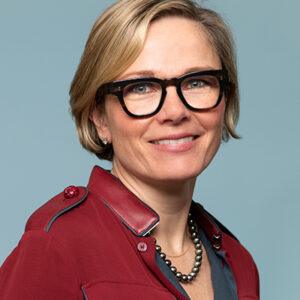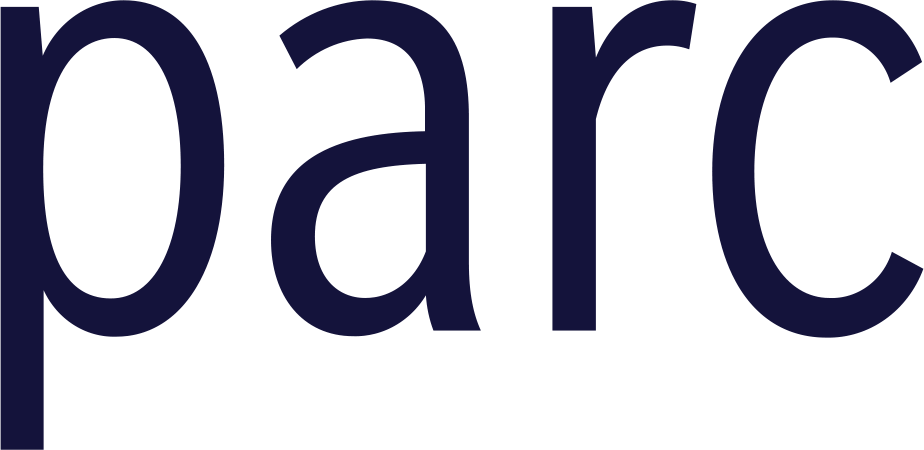Business Strategy
Building a Future-Fit Workforce
It is a given that the 2020s will be a memorable decade. The effects of the most severe global peacetime shock in living memory will be felt for years to come. Transformed attitudes to health, working patterns and communication will drive significant long-term changes in employee expectations and behaviour.
But the discussion of life after the pandemic risks blinding us to everything else. Other seismic forces are also influencing business and employment. When we look back from 2030, we may see Covid-19 as the mere curtain raiser for a turbulent decade that will have transformed the world of work.
We have long assumed that the next major disruption would come from Artificial Intelligence but change is just as likely to come from something unforseen. There are a number of contenders:
- In most developed economies, the working age population will shrink proportionally, and in many countries, in absolute terms;
- Legally binding Carbon Net Zero targets will require the rapid re-orientation of business models and perhaps entire economies;
- The detrimental impact of climate change on human lives, businesses and infrastructure will increase;
- The political conflict and volatility that emerged during the late 2010s will continue, both between and within countries;
- Advances in AI and machine learning will lead to the widespread automation of sectors and occupations hitherto considered stable;
- High levels of Government debt will remain a contentious issue – compounded by demands for better social protection.
Each of these on its own would constitute a severe headwind for business, but the compound effects are yet to be grasped. For example, a rapid transition to Carbon Net Zero, in parallel with a shrinking working age population and populist opposition to immigration, will lead to skills shortages in many crucial areas.
This event and the accompanying report will provide important insights into the forces shaping the next decade, the impact on business and the implications for employment. The critical challenge facing HR professionals will be to develop organisations with the capability to anticipate, exploit and respond to these changes. Improving the horizon scanning and strategic capabilities of executives will be crucial as business models change. Agile approaches to sourcing, development, deployment, reward and retention of people at all levels in the organisation will be critical. There can be no future-fit company without a future-fit workforce.
Speaker

Gillian Pillans
Research Director, Corporate Research Forum
Gillian has worked as a senior HR practitioner and OD specialist for several organisations including Swiss Re, Vodafone and BAA. Prior to her HR career, she was a management consultant with Deloitte Consulting and is also a qualified solicitor. Gillian has written various CRF reports on subjects including HR strategy, organisation design and development, leadership development, coaching and diversity.

Gregory Thwaites
Research Director, Resolution Foundation
Greg joined the Foundation as Research Director in September 2020. He also works part-time as an Associate Professor in the University of Nottingham’s School of Economics. Prior to this, he had been Head of International Research at the Bank of England, and worked for the United Nations Mission in Kosovo and the Independent Commission on Banking (the ‘Vickers Commission’), inter alia. He received his PhD in economics from LSE under the supervision of Silvana Tenreyro. He has research interests in the macroeconomics of demographic and structural change, firm-level data, macroeconomic policy and inequality and distribution.

Duncan Weldon
Economics Correspondent, The Economist
Duncan is the Britain economics correspondent for The Economist. His previous journalistic roles include the economics correspondent for BBC Newsnight and columnist for Prospect Magazine. An economist by background Duncan began his career at the Bank of England and also worked in asset management and public policy. His book on British economic history titled Two Hundred Years of Muddling Through was published in 2021.


